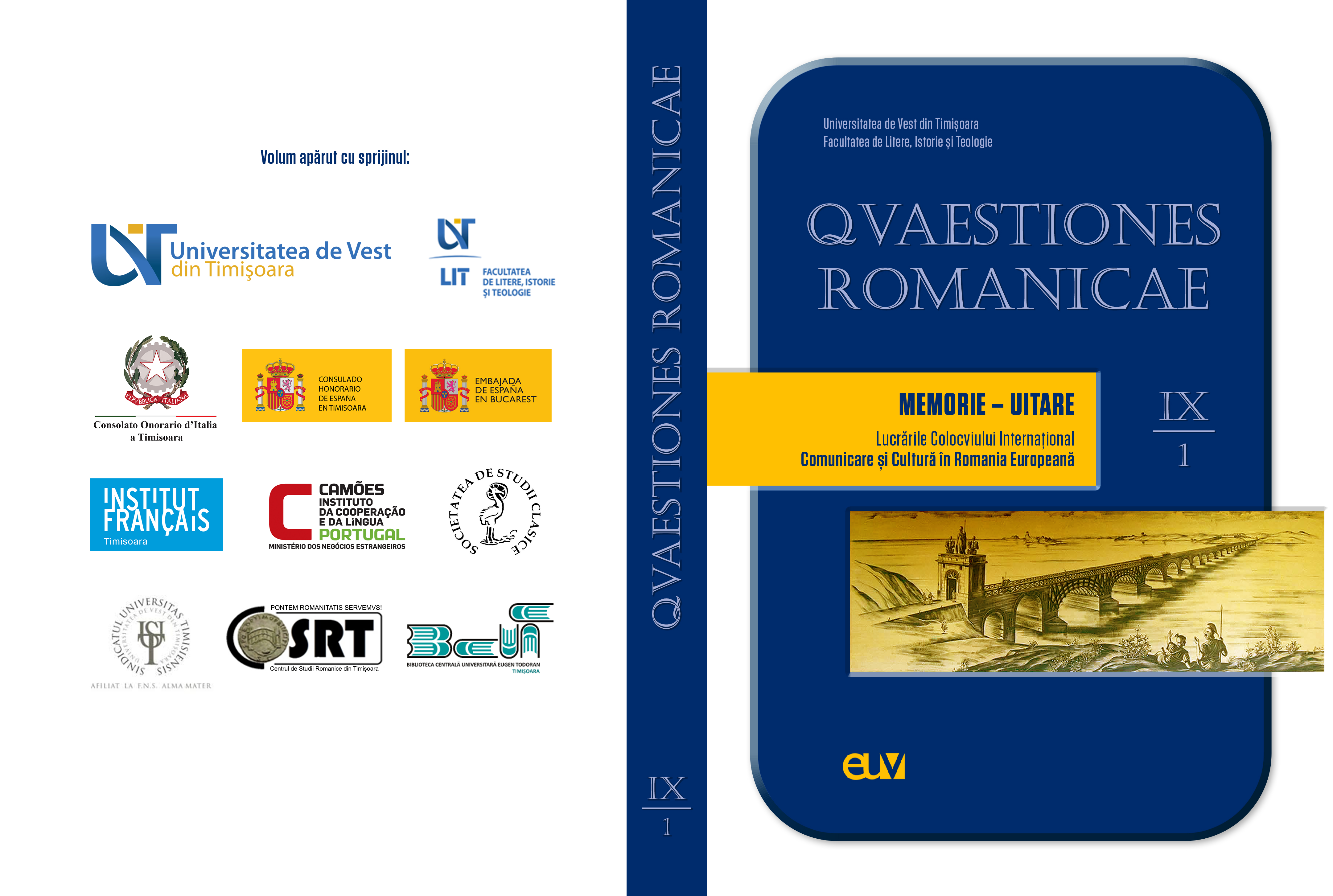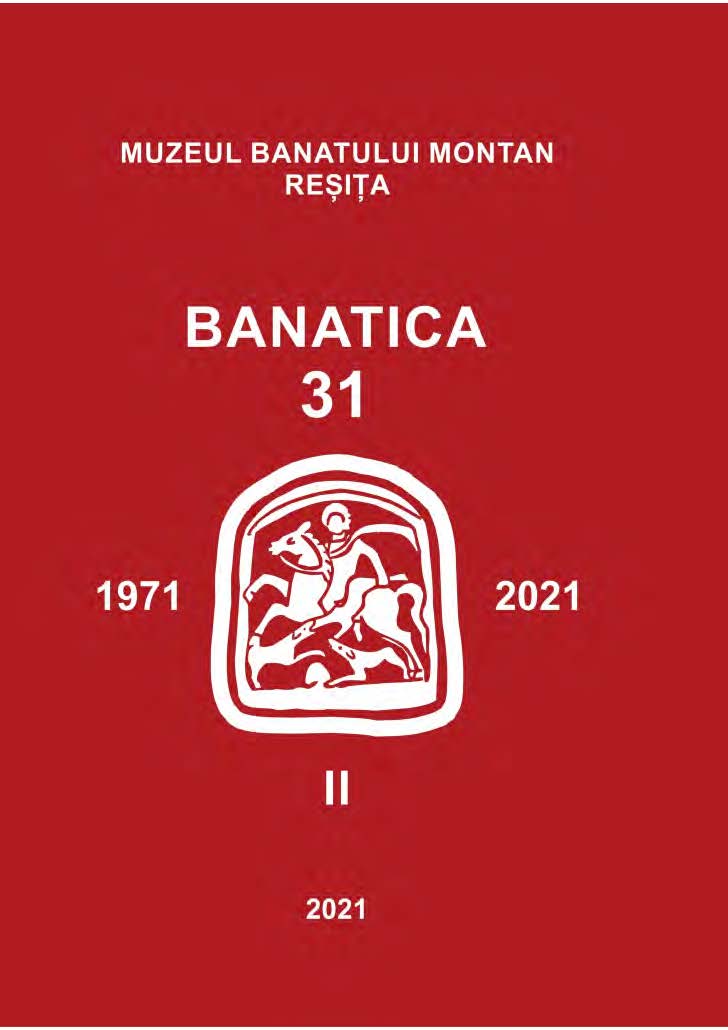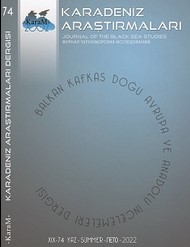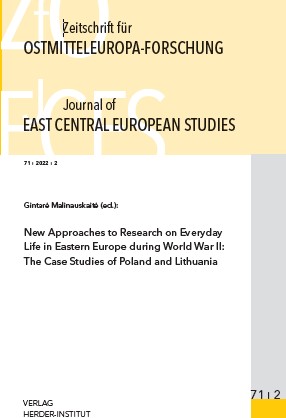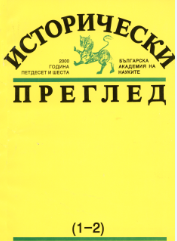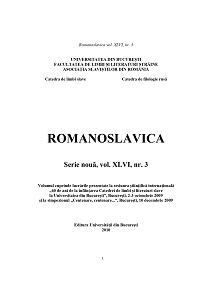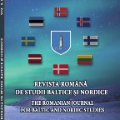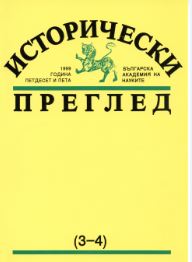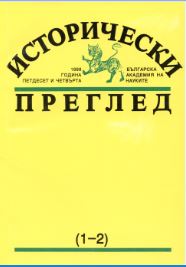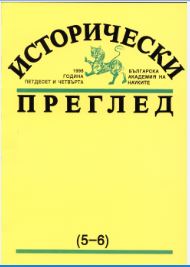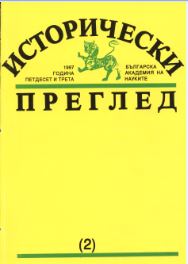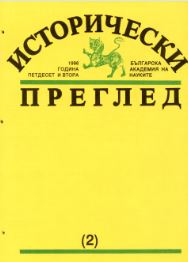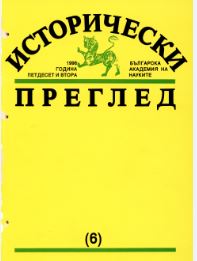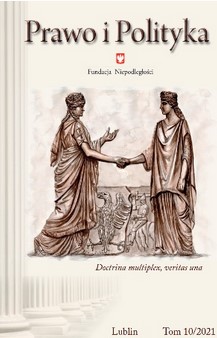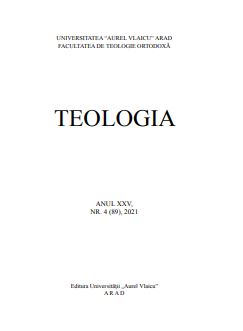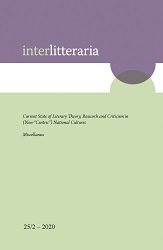
Albanian Literature in Its Critical Evaluation Process. Case Study: Periodicals
The aim of this article is to analyze the process of evaluation of Albanian literature in literary periodicals (print or online). The research aims to explain the nature of criticism of Albanian literature in accordance with three main periods of Albanian literary history (1920–1944; 1945–1990; 1991–present). The paper has a short chronological presentation of the main periodicals which deal with literature. It also deals with the reception of Albanian literature in old and new periodicals. Some of the most important research questions of this paper are: Is there a continuation in the critical approaches to Albanian literature from the beginning to the present? Do critics have a ‘critical’ interaction between them while they express their evaluation regarding literature? Who are the critics? Which is the core role of certain critics and periodicals? The methodology used in this paper embraces a historical, analytical, statistical and interpretative approach. The paper will be developed in two parallel sections. The first one will elaborate quantitatively official data related to the number of periodicals which deal with the evaluation of literature in its theoretical and critical aspects and the other section will describe, analyze and interpret the data. The research results tend to prove that the process of critical evaluation of Albanian literature has experienced similar characteristics with Albanian literature itself. The critical reflection or criticism has turned out to be a refracting process. The critical evaluations are marred occasionally by low levels of professionalism or political interference.
More...
